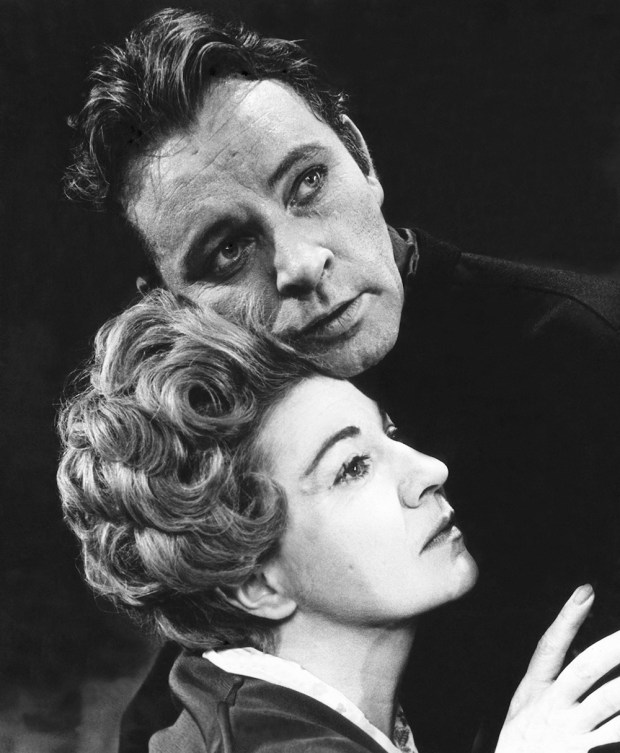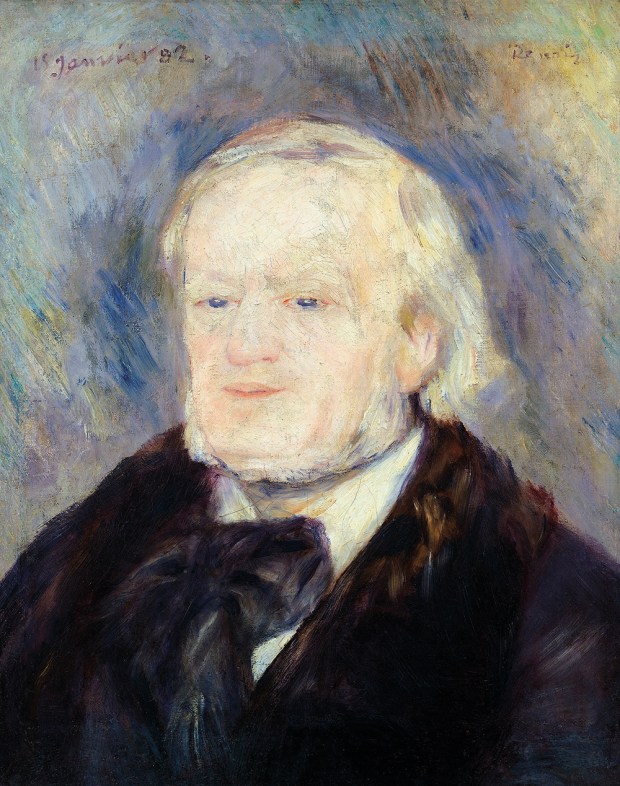John Bishop doesn’t just tell funny stories. He also tells the sort of life story that makes you sit up and listen. He grew up on a council estate outside Liverpool and, at the age of six, visited his father in prison. By the time he was in his mid-thirties he was working in middle management at a pharmaceutical company, had three children and was going through a divorce.
Already a subscriber? Log in
Subscribe for just $2 a week
Try a month of The Spectator Australia absolutely free and without commitment. Not only that but – if you choose to continue – you’ll pay just $2 a week for your first year.
- Unlimited access to spectator.com.au and app
- The weekly edition on the Spectator Australia app
- Spectator podcasts and newsletters
- Full access to spectator.co.uk
Or
Unlock this article
For details of John Bishop’s SupersonicUK tour, October to December: www.johnbishoponline.com.
You might disagree with half of it, but you’ll enjoy reading all of it. Try your first month for free, then just $2 a week for the remainder of your first year.














Comments
Don't miss out
Join the conversation with other Spectator Australia readers. Subscribe to leave a comment.
SUBSCRIBEAlready a subscriber? Log in